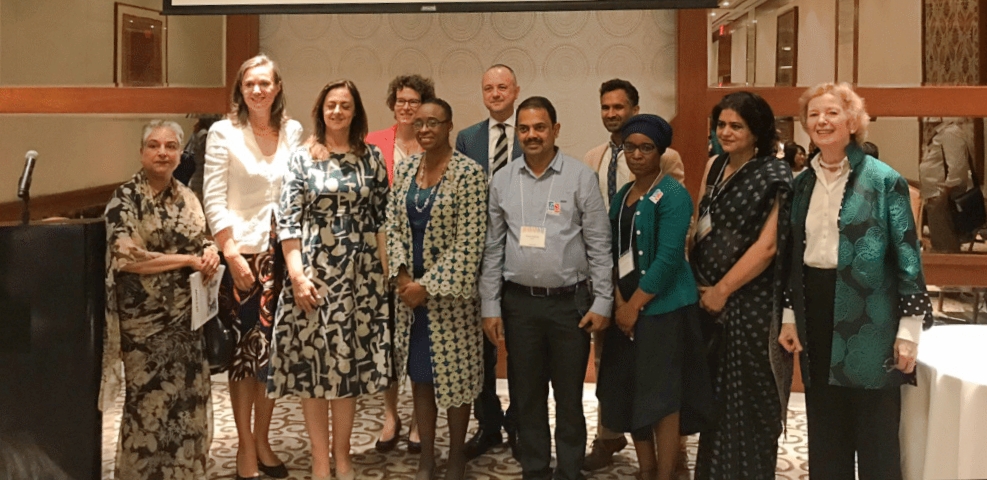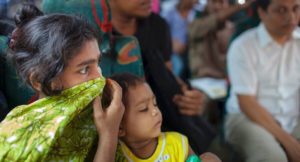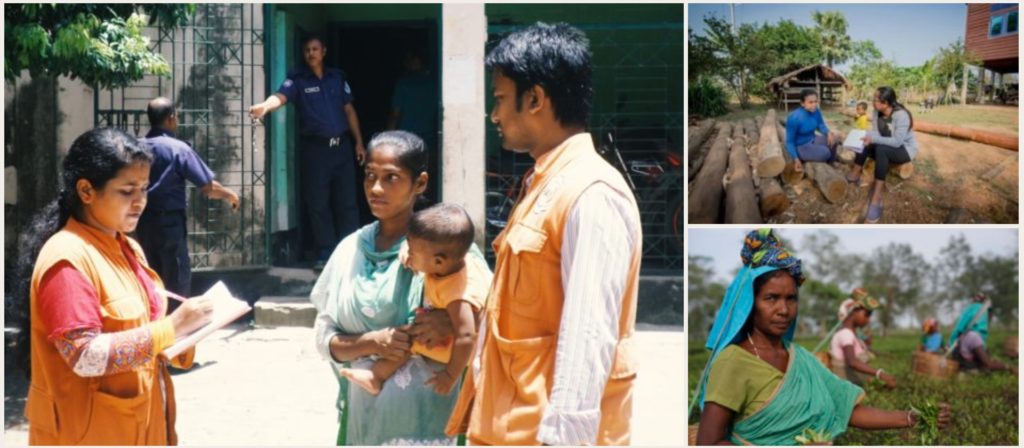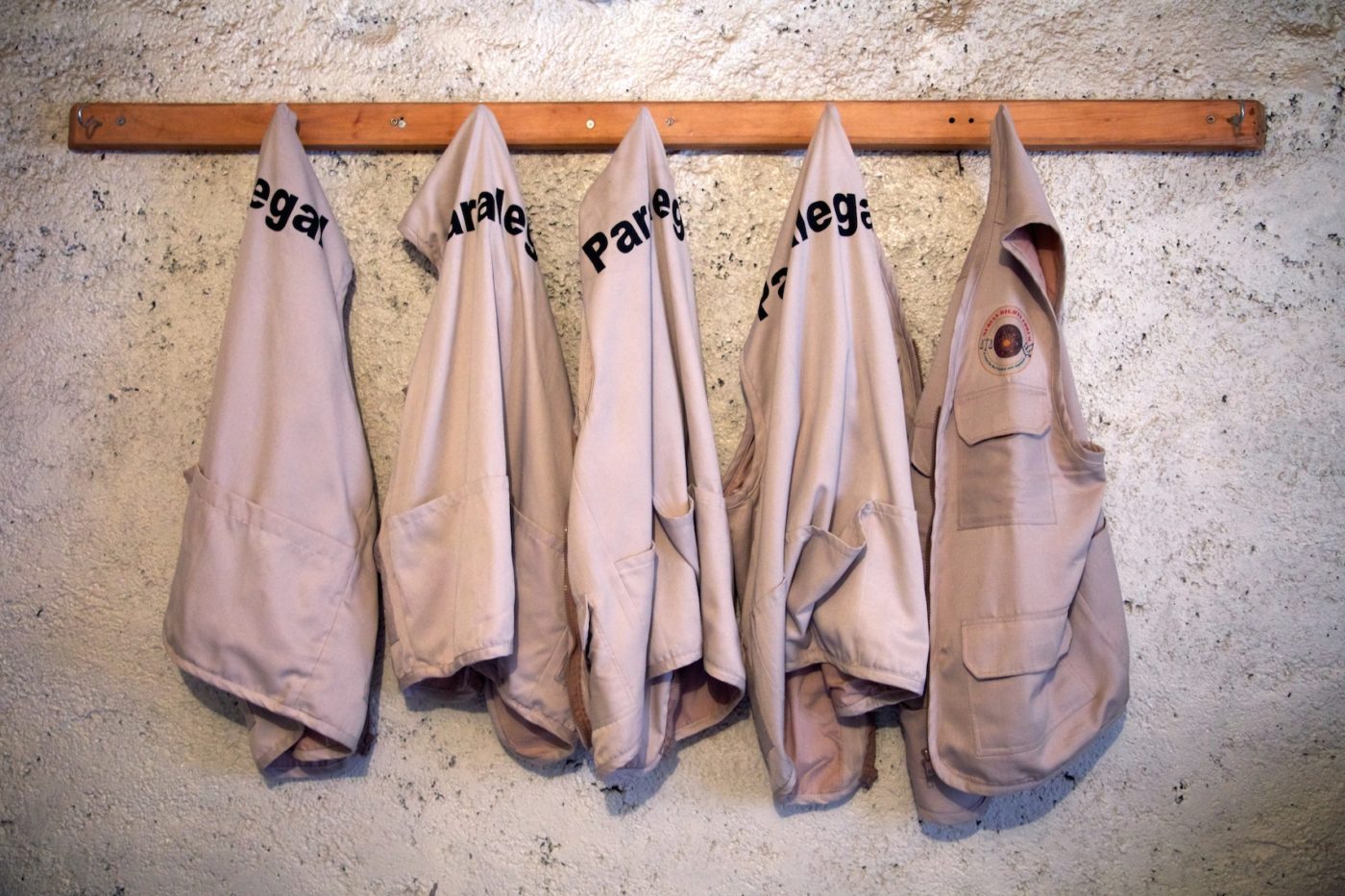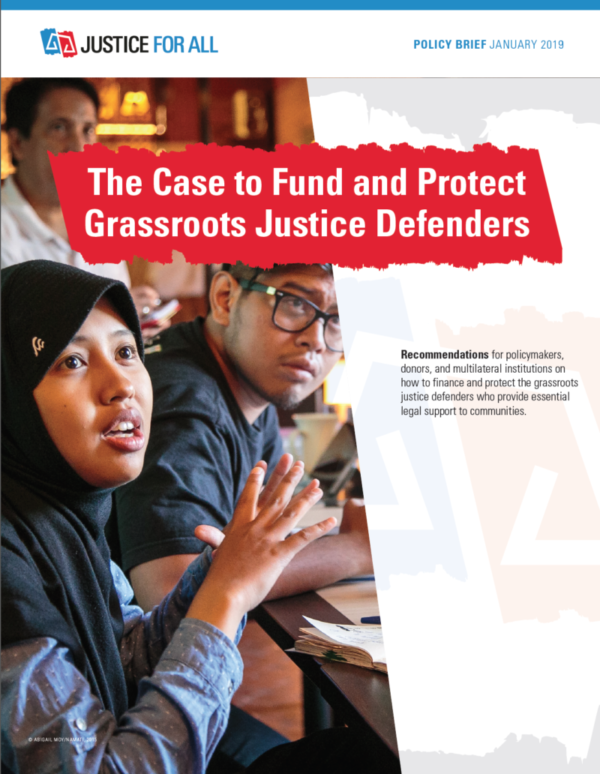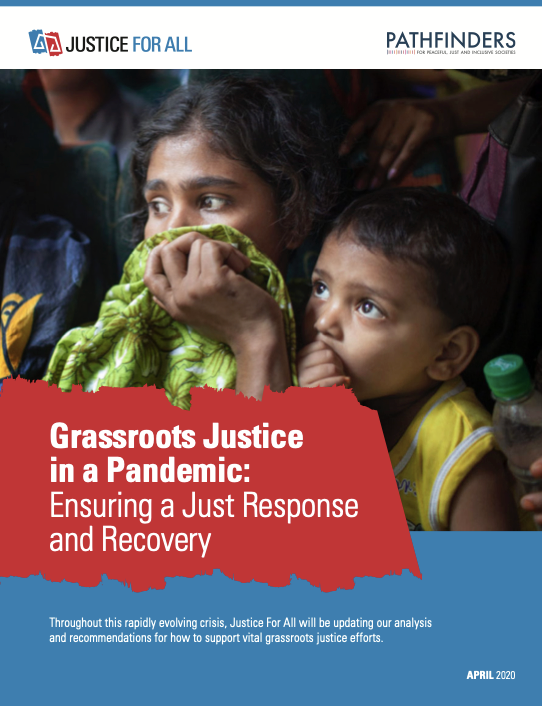Our Journey in 2019 & 2020
The Legal Empowerment Network, which Namati convenes, is the largest community of grassroots justice defenders in the world.
When we launched the network nearly a decade ago, legal empowerment practitioners often worked in isolation. Few knew that they had peers in different countries, much less how they approached common justice problems. By the end of 2020, nearly 9,200 individuals in 170 countries, representing over 2,400 civil society organizations in every sector, had joined the network. Together, members are generating the deepest, most useful learning in the history of our field, and applying these lessons to advance justice in their communities.
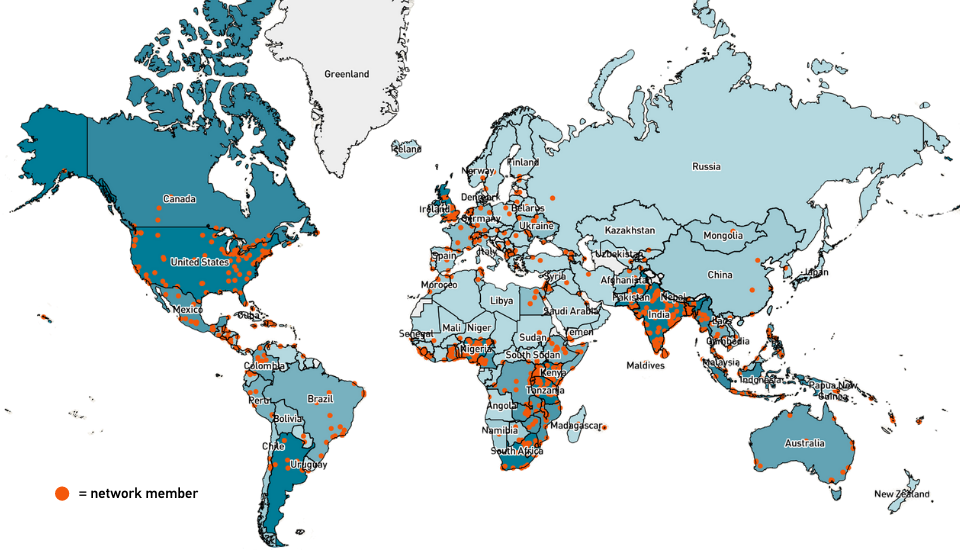
In 2019, following a period of significant growth, the Legal Empowerment Network took steps to ensure that we remained a member-driven and member-led community. Network members Alternative Law Groups (ALG) and Asociación Civil por la Igualdad y Justicia (ACIJ) stepped up to serve as pilot “anchor members,” spearheading collective action and learning in their respective regions of Southeast Asia and Latin America.
Alongside other active members, ALG and ACIJ co-organized opportunities for peer exchange, including in-person workshops (such as an “Access to Justice Exchange” bringing together 60 members in Nepal), in-depth learning exchanges (for example, a week-long program in Guatemala, wherein organizations from 6 countries learned about legal empowerment as a pathway to improving laws and systems), and several webinars. ACIJ also worked with more than 20 network members to produce Latin America’s first publication gathering case studies and recommendations on the role of legal empowerment in the region.
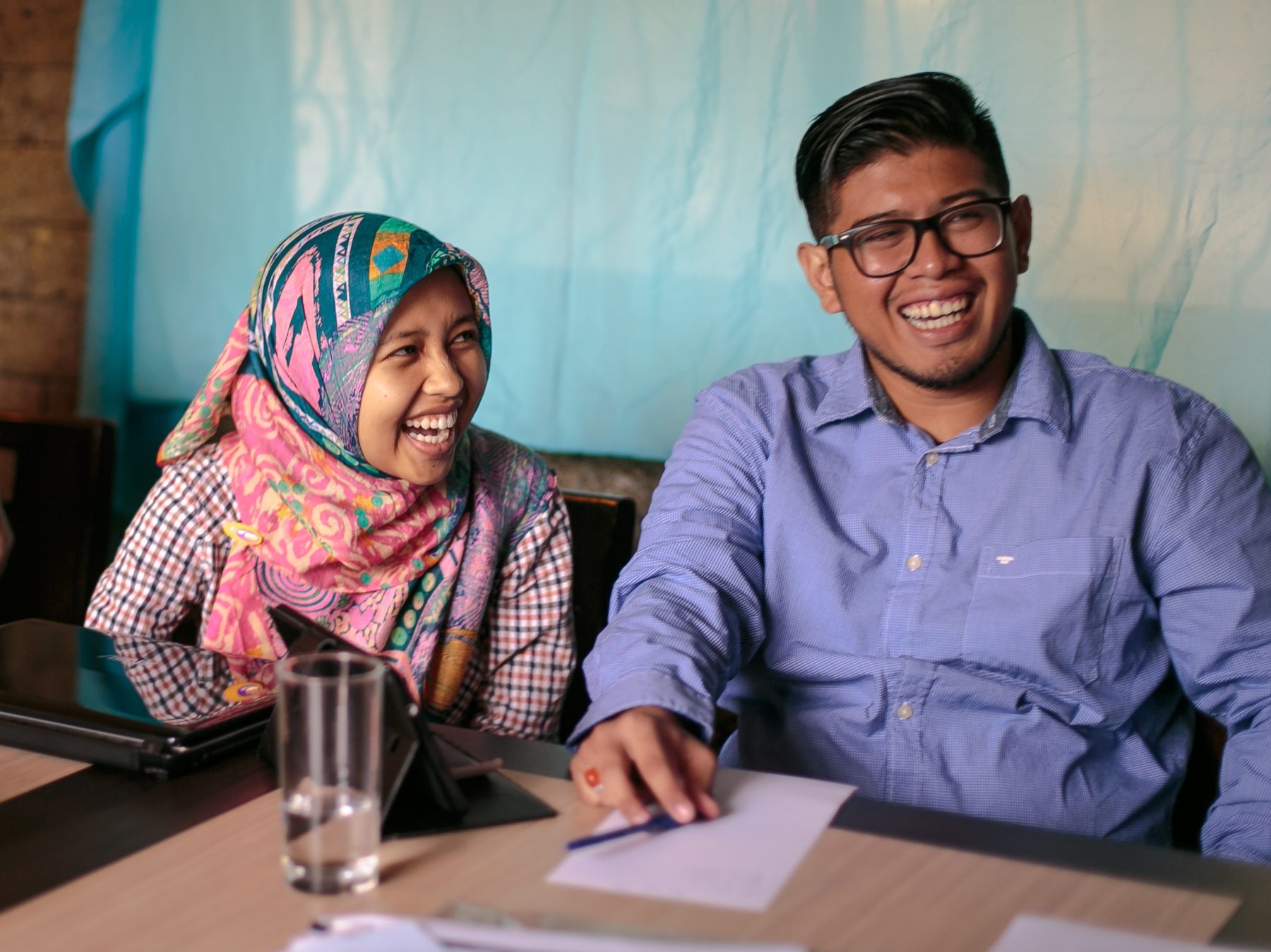
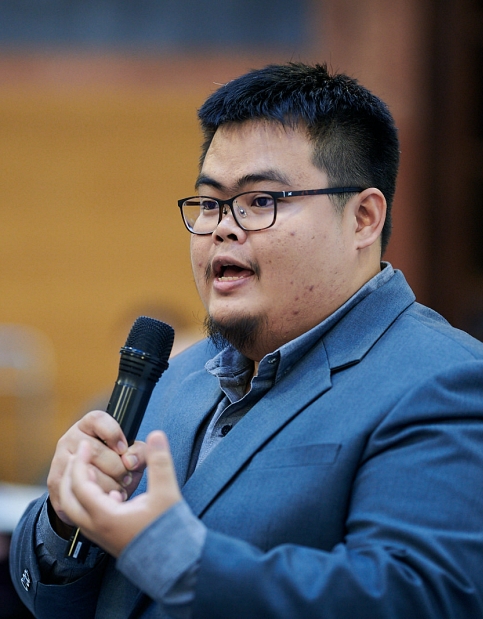
Tom Weerachat at the 2019 Legal Empowerment Leadership Course
“That’s what’s powerful about the network”
Tom Weerachat, International Accountability Project
I have been a member of the Legal Empowerment Network for years. The resource library — with so many great, practical tools — is what brought me here. After joining, I found the discussion forum to be very informative and a great opportunity to build knowledge, solidarity, and learning online. So when I saw the 2019 Legal Empowerment Leadership Course announcement, I talked to my team at IAP and applied right away. I was so excited when I learned that I was accepted.
The course was one of the best workshops I’ve ever attended. I think each participant not only brought their own individual experience with them but also those of the networks and communities they are a part of.
Writing & Speaking to Grow the Movement
We aim to communicate to policy makers, practitioners, and people across the globe the vitality, the heartbreak, the hope, and the urgency of legal empowerment. In 2019 and 2020, we produced or were featured in over a half dozen op-eds, articles, and videos.
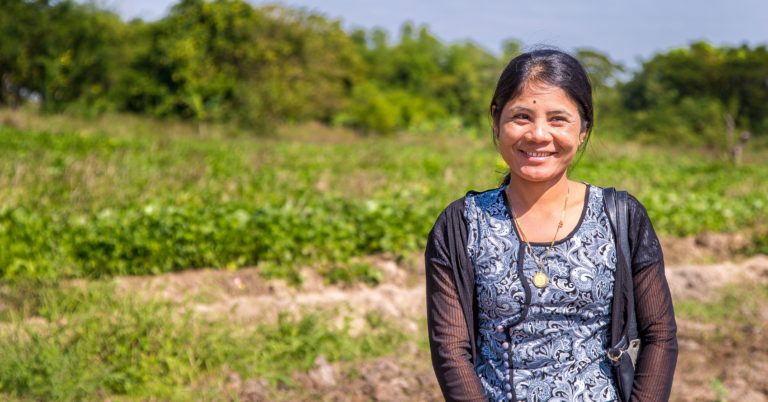)
In the Press
OPINION: Care about the climate crisis? Support legal empowerment
)
In the Press
It takes legal empowerment to solve the housing crisis
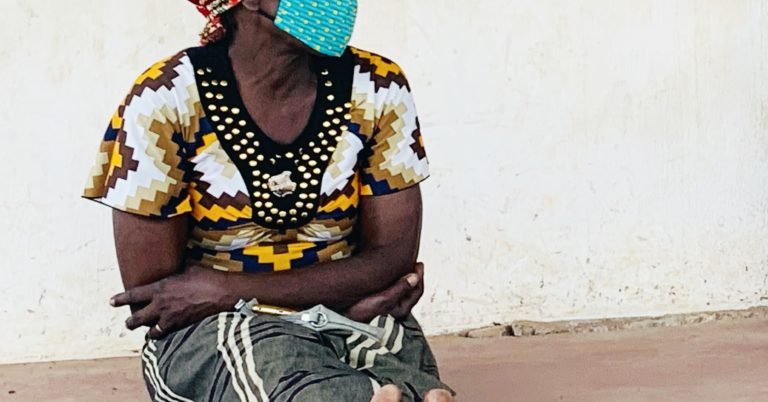)
In the Press
COVID-19: ‘This is not just a health crisis but also a justice crisis’
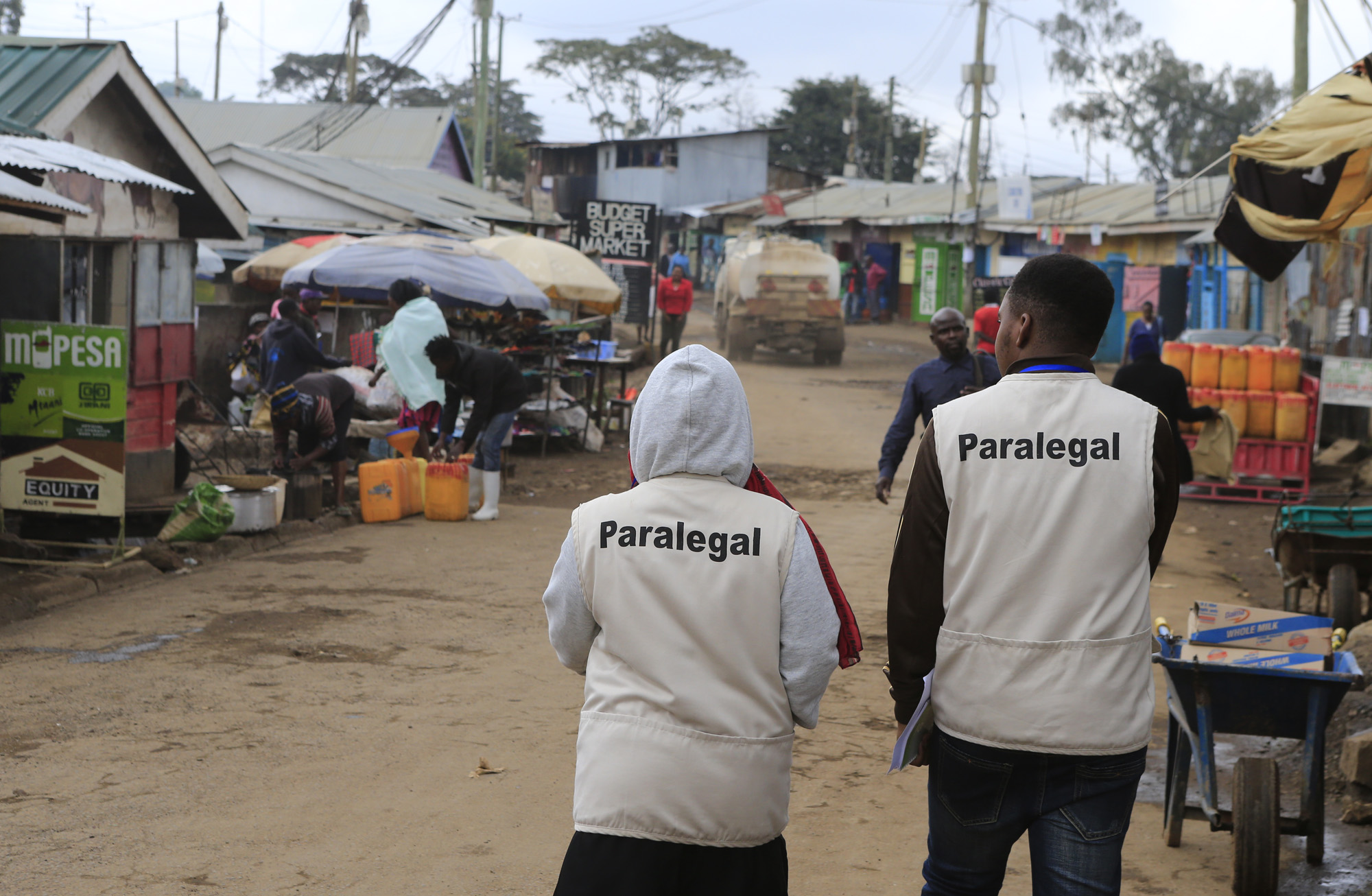)
In the Press
Gender-based violence and COVID-19: Why justice is essential to response and recovery plans
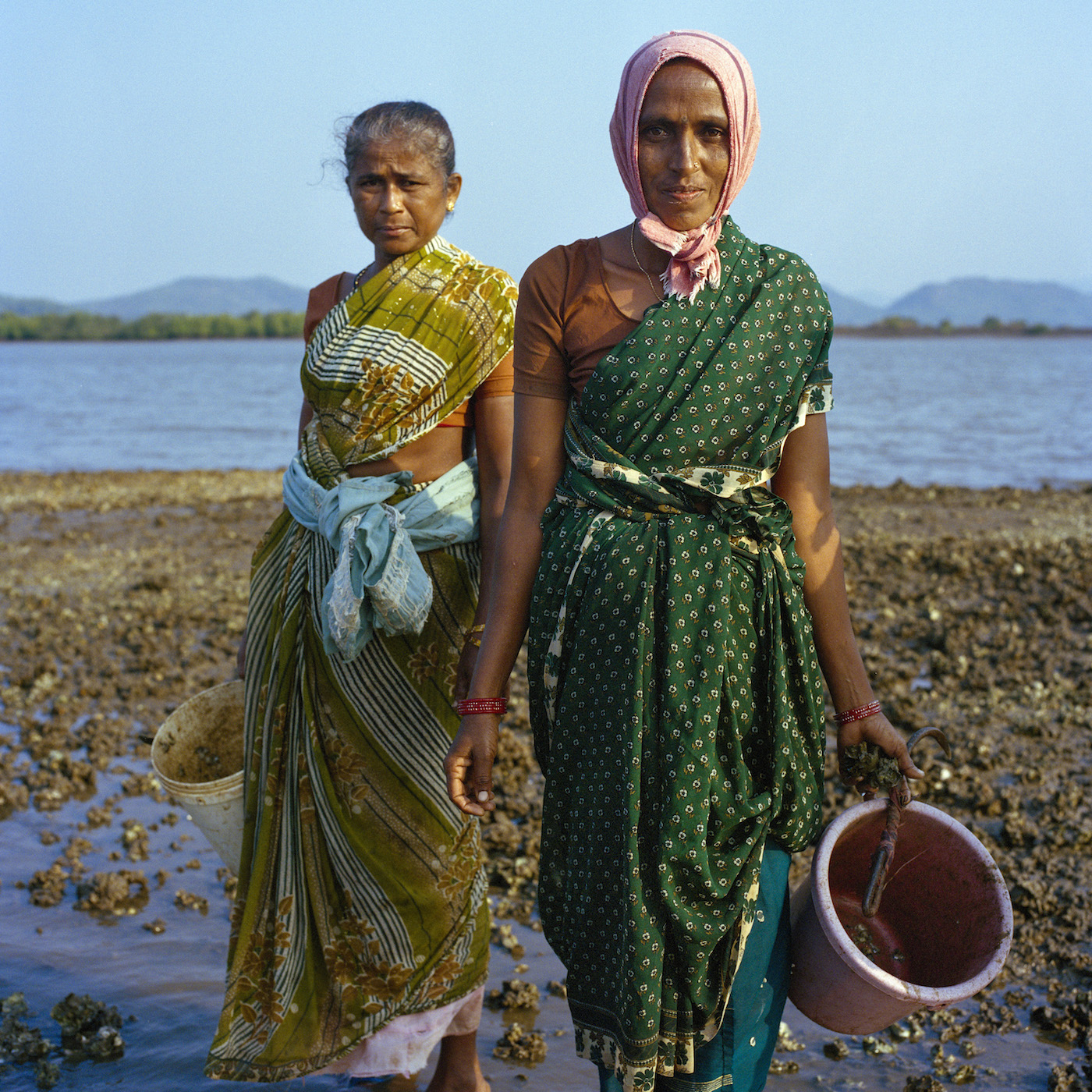)
In the Press
5 billion people around the world lack basic access to justice. These organizations are out to change that.
)
In the Press
Funding access to justice, a ‘cross-cutting enabler of the SDGs’
)
Multimedia
An access to justice discussion with Hina Jilani and Vivek Maru
Our Network Partners
The Legal Empowerment Network partnered with the following organizations to co-design and co-organize major learning, advocacy, research, or convening opportunities in 2019 and/or 2020.


